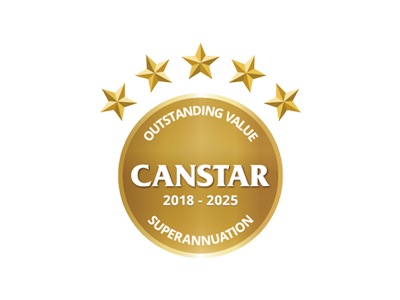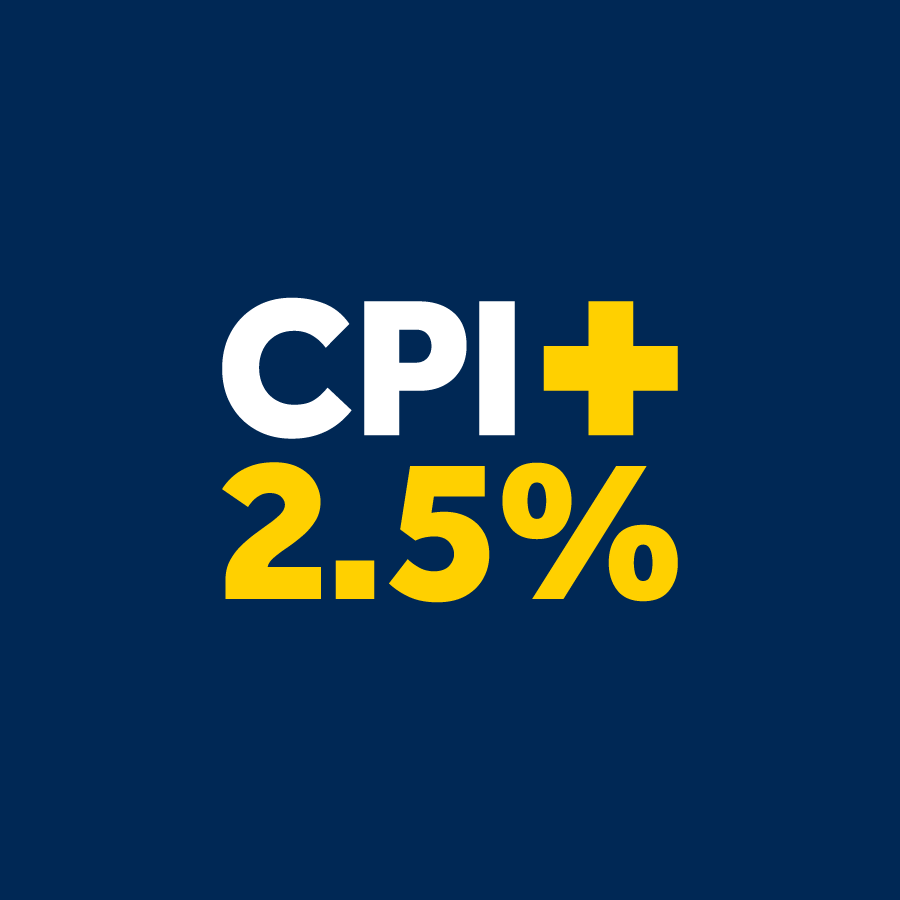By setting up a Hostplus employer account, you join hundreds of thousands of employers who enjoy benefits like:
- support from our dedicated Employer Services team
- information and updates on your employer obligations and changes to super rules
- 24/7 online access to your account
- easy super payments through QuickSuper, our compliant online clearing house.
But it’s not just employers that benefit. If your employees join Hostplus, they’ll get a whole host of positives, including a low admin fee, strong long-term performance, greater choice and control over their investment options, and innovative and simple member service solutions. Want to learn more? Head to our Why Choose Hostplus page.









